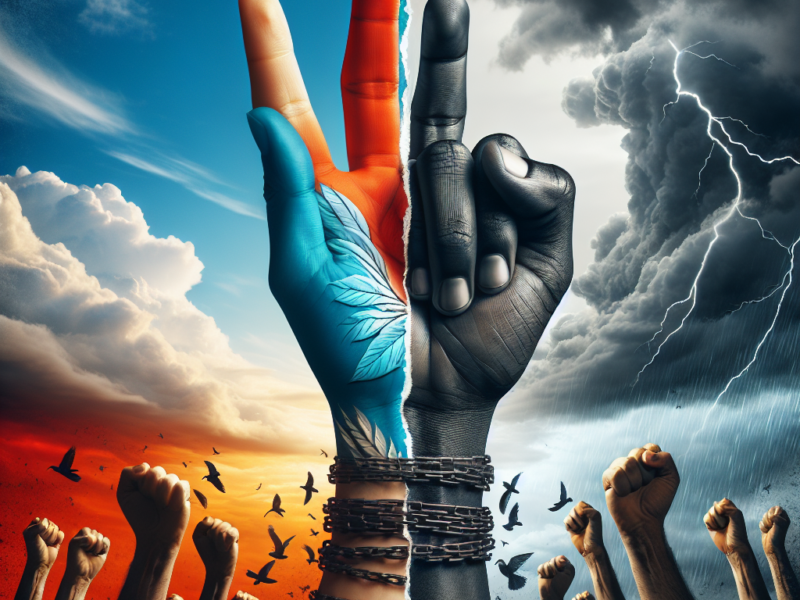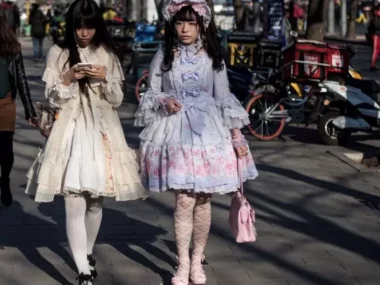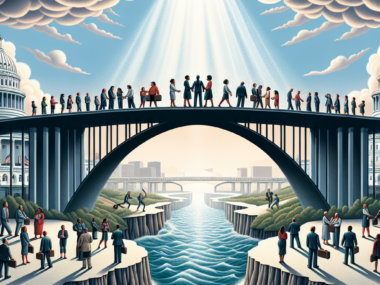Human Rights Under Threat: A Report on Global Freedom and Repression
In an era characterized by rapid globalization and technological advancement, the human rights landscape is facing unprecedented challenges. From authoritarian regimes tightening their grip to democratic backsliding in traditionally stable nations, the state of global freedom and repression remains precarious. This report aims to illuminate the current threats to human rights worldwide, highlighting the implications for individuals, communities, and the international order.
The Declining State of Freedom
According to recent reports by organizations such as Freedom House, the global trend of democracy is in decline. For the 15th consecutive year, more countries have experienced a decline in political rights and civil liberties than have shown improvement. This erosion of freedom is evident in various regions, from Eastern Europe, where populist movements have undermined democratic institutions, to Asia, where authoritarian governments have implemented stringent measures to stifle dissent.
In countries like Belarus and Venezuela, oppressive practices have intensified. The regimes in these nations have cracked down on peaceful protests, limiting freedom of expression and assembly. Reports of arbitrary arrests, torture, and surveillance have risen, illustrating the lengths to which these governments will go to maintain control. Similarly, in Myanmar, the military’s violent repression of the Rohingya and other ethnic minorities has been widely condemned as a violation of human rights.
The Rise of Surveillance States
The digital age has introduced new tools for both empowerment and oppression. While the internet has provided a platform for activism and dissent, it has also enabled unprecedented levels of surveillance by state actors. Countries like China have taken this to an extreme, employing advanced technologies to monitor and control the population. The Chinese government’s use of facial recognition, social credit systems, and internet censorship has drawn international criticism for its invasion of privacy and suppression of free speech.
Moreover, the COVID-19 pandemic has accelerated this trend. Many governments have implemented surveillance measures under the guise of public health, leading to concerns about the normalization of invasive tracking and monitoring. The balance between security and individual freedoms is increasingly tilting towards authoritarianism.
Marginalized Communities Under Siege
The fight for human rights often intersects with the struggles of marginalized communities. Indigenous peoples, LGBTQ+ individuals, and ethnic minorities face systemic discrimination and violence in various parts of the world. For instance, in several African nations, laws criminalizing homosexuality not only violate basic human rights but also fuel a culture of stigma and violence against LGBTQ+ persons.
Indigenous communities continue to fight for their rights to land, culture, and autonomy. Governments often prioritize economic development over the rights of these communities, leading to displacement and cultural erasure. The ongoing battle for recognition and protection highlights the intersectionality of human rights struggles in a global context.
Defenders at Risk
Human rights defenders play a critical role in holding governments accountable and advocating for change. However, they increasingly face threats and reprisals for their work. Across the globe, activists are subjected to violence, intimidation, and even assassination. This trend is particularly alarming in countries like Mexico and Colombia, where environmental and social rights defenders are at significant risk.
International organizations, including the United Nations, have called for the protection of human rights defenders, emphasizing their vital role in promoting accountability and transparency. Yet, despite these calls, violations against these individuals persist, raising concerns about the global commitment to safeguarding human rights.
The International Response
The international community has an essential role to play in addressing human rights violations. Multilateral institutions, such as the United Nations, must remain vigilant and proactive in promoting human rights protections across the globe. However, geopolitical interests often lead to inaction or complicity in abuses.
Civil society organizations continue to advocate for accountability, using tools such as social media to raise awareness and mobilize support. Grassroots movements have proven instrumental in effecting change, highlighting the importance of local activism in the global human rights movement.
Conclusion
The current state of human rights around the world is grim, marked by increasing repression and declining freedoms. As authoritarianism rises and marginalized communities remain vulnerable, the need for robust international solidarity and action has never been more urgent. It is imperative that individuals, governments, and organizations unite to uphold and protect human rights for all. The fight for dignity, justice, and freedom transcends borders and demands collective effort—a commitment to a future where every individual can enjoy their fundamental rights without fear of reprisal.











